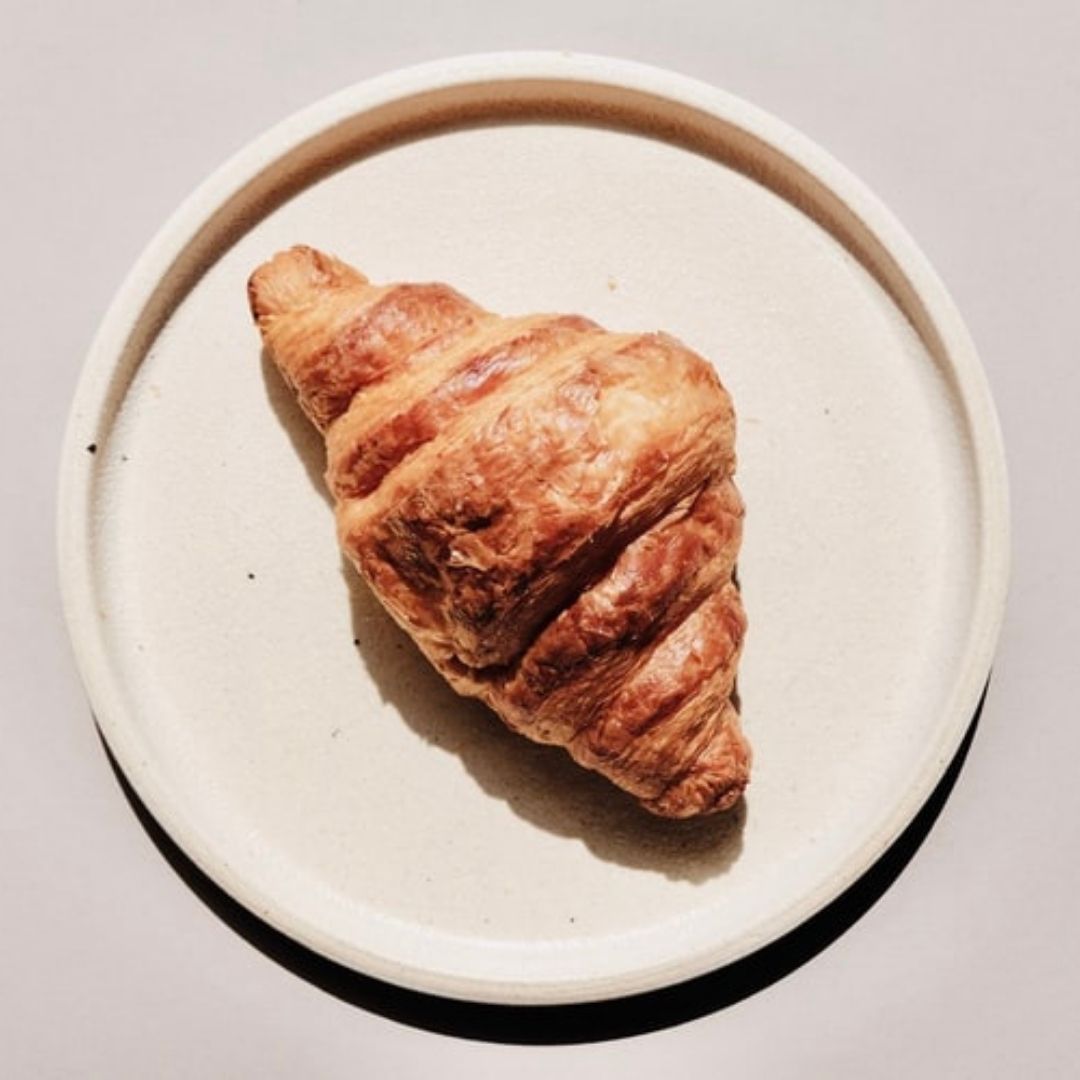
Food cravings come in all tastes and sizes. Have you ever walked past a bakery early in the morning and spied the rows of croissants in the window and found yourself thinking about nothing else but those buttery flaky pastries for rest of the day??
Or perhaps you’ve arrived at the end of a busy afternoon and found yourself thinking of nothing else but the moment when you can crack open the cupboard and dig your hand into a packet of salty crunchy crisp chips??
Or perhaps after dinner when you’re winding down, your mind becomes filled with the idea of biting into a delicious chunk of chocolate, that sweet goodness bringing you some kind of wild euphoria…
Chances are, if you are a human, you have experienced some form of food craving.
In fact, surveys suggest that up to 90% of women and 70% of men have experienced food cravings at some point during their life (Magee 2005).
Food cravings can be defined as an intense desire to consume a particular food, differentiating it from a feeling of hunger, which can be alleviated by consumption of any type of food (Muele 2020).
And it’s more complicated than you might think! We tend to think food cravings are driven by a primal instinct to stay alive, an evolutionary advantage embedded in our genes. And while that’s partly true, what is now also known, is that areas of the brain responsible for memory and sensing pleasure are also partially to blame (i.e. conditioned responses to stimuli), as well as a need to satisfy emotional states, such as calming stress and reducing anxiety. In other words, it’s complex.
When our needs are not being met – physiologically, emotionally, mentally, or energetically – our natural impulse is to rectify this. In other words, when we are ‘out of alignment’, we will find a way to bring ourselves ‘into’ alignment. Our brain can’t always differentiate between fulfilling needs in a resourceful versus unresourceful way, however, so if we are not aware of the ways we have learnt to ‘fulfil’ these needs (i.e. we have learnt to do something that brings relief but not necessarily long-term satisfaction), we will continue to repeat this behaviour over and over again, despite our seemingly ‘conscious’ desire to change it.
Mindfulness, and self-awareness through sensation and the body, are some of the ways to bring us back into deep connection with our intuitive self. From here, we can respond to our needs in a more honest way, rather than a reactionary, automated way. But it’s tricky business. The parts of us that work to protect us (often formed during childhood or adolescence to ‘meet the needs’) might feel fear or hesitation or resistance to a different response, which can lead to more dissonance and contraction if we are not willing to listen and be ‘in relationship’ with them! Simply put, in order to understand our needs, we need to engage with them in a compassionate and honest way, to find out how we can support them (and ourselves) in a more resourceful way.
As we bring more awareness to these needs and honour our deeper stirrings and get curious about the places where we are betraying ourselves, our physical body changes too. Instead of punishing or banishing the parts of us that crave chocolate after dinner, or eat a whole wheel of cheese at the party, or yearn for a hot cross bun smeared with butter, we start to notice that actually, those parts just wanted to feel safe in that moment, or connected, or loved.
Over time, as we integrate and listen to our different parts, our behaviour changes too. Learning to notice and feel what we are truly craving, fulfilling our needs and honouring our intuition leads to deep and lasting changes. It just requires deep compassion, radical honesty and a willingness to listen.
Written by Jane Holland, respected holistic Nutritionist at The Melbourne Apothecary, renowned international retreat facilitator, adored Deep Sleep Yin Yoga teacher.
Book in with Jane to understand and reshape your food story, build a healthy relationship with your food and body, and create behaviours in your life that support your healthiest self. (Jane is currently offering free 10 minute Nutrition consults to help you take action – when booking navigate to heading Nutrition > Free 10 min consult > Jane Holland)
Meule, A. Twenty Years of the Food Cravings Questionnaires: a Comprehensive Review. Curr Addict Rep 7, 30–43 (2020). https://doi.org/10.1007/s40429-020-00294-z
Magee, E. The Facts About Food Cravings, WebMD (2005). https://www.webmd.com/diet/features/the-facts-about-food-cravings#1